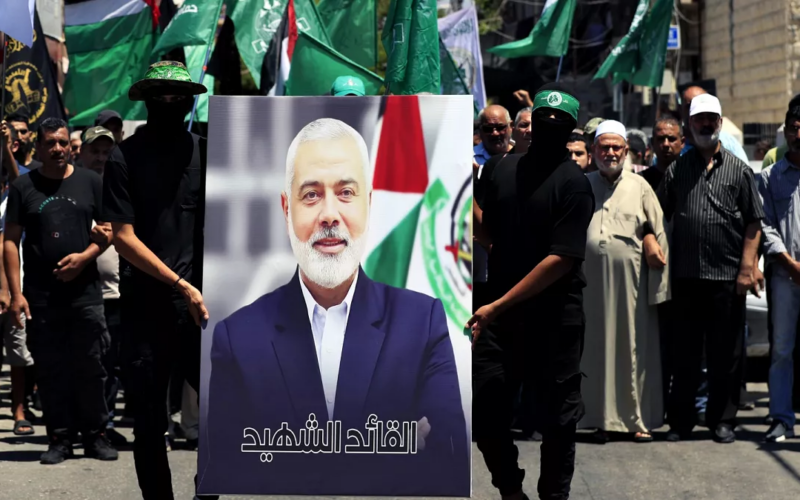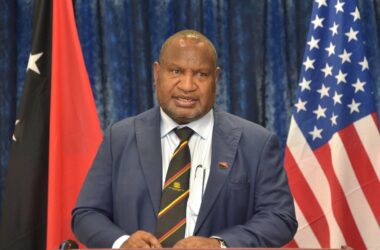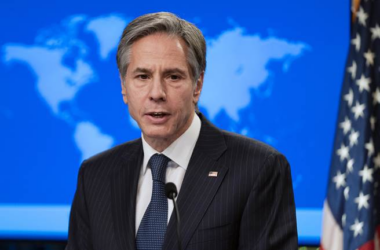Iran has firmly rejected calls from the United States and Arab nations to show restraint following the assassination of Hamas leader Ismail Haniyeh in Tehran. Despite U.S. officials urging de-escalation and cautioning Iran about the consequences of a significant retaliatory strike, Iranian leaders have vowed to respond with force, regardless of whether it leads to broader conflict.
The assassination, which occurred while Haniyeh was staying at a guesthouse linked to Iran’s Islamic Revolutionary Guard Corps, has heightened tensions across the region. Though no group has claimed responsibility for the attack, both Iran and Hamas have pointed fingers at Israel, accusing it of carrying out the strike.
Iranian officials, who are currently investigating the security breaches that allowed the assassination to occur, have dismissed international appeals for calm. During a meeting with Arab diplomats, Iranian leaders made it clear that they are prepared to take retaliatory action, even if it risks sparking a wider war.
In response, the U.S. has urged its European and regional allies to convey the message to Iran that restraint would be in its best interest, particularly in light of President Masoud Pezeshkian’s efforts to improve relations with the West. Meanwhile, Israel has declared its readiness to defend against any retaliatory attacks and has placed its military on high alert.
The assassination has also exposed vulnerabilities within Iran’s security apparatus, with Iranian politicians criticizing the apparent intelligence failures that allowed the attack to happen. The situation remains tense, with all sides bracing for potential escalation in the days ahead.








